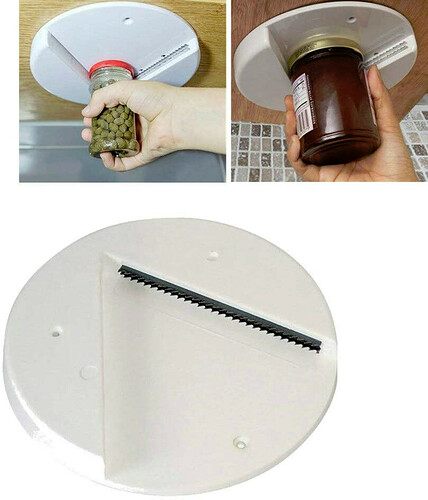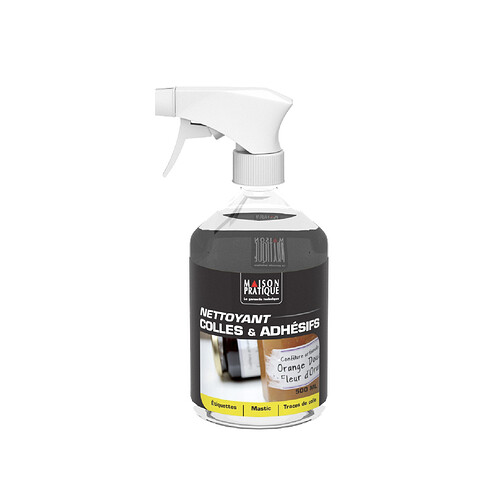Children do not become ‘little irritants’ in a vacuum.
As a retired teacher, who’s worked in primary and secondary schools, and PRU’s (Pupils’ Referral Units) with EBD (Extremely Behaviourally Disturbed) children, I can say with a certain authority that my experience has taught me much about the kind of children who end up in this situation, and in some cases what has caused it.
Of course there are various experts and psychologists who have a fine range of interpretations and theories. However, having had first hand experience of this problem, as a child, as a teacher and as a grandparent, I would ask you to consider the effects of CPTSD, Childhood Post Traumatic Stress Disorder. This can happen where children are of very young parents, or raised in families where abusive relationships, or homelessness, can have left their mark.
Again, there are the hidden victims of accident, who perhaps had head injuries as children, or a period away from their parents, or have older siblings resentful of their position in the family, or younger siblings of whom they feel resentful because a new baby has replaced their prriveged place…
There are the victims of bullying or abuse, who themselves go on to lash out at others. There are empaths, highly sensitive or highly gifted and bored children, who feel the noise and clamour of a busy classroom even more acutely than teachers do at the end of the day. Remember, they haven’t chosen the career! Theirs is the experience of being a pupil enclosed with 30 others every day for years. In our adult lives, the nearest experience would be Forex traders on the stock exchange, or a cattle market. Few would choose it.
Children who cannot block out the experiences of those around them, who are empaths or intuitively gifted (so many kinds of intelligence have been discovered! At least five are screened these days) have years of pain going through mainstream school. Mostly they feel alienated, misunderstood, labelled, judged, with no possibility of evolution or development, as the minds of those caring for them are closed to the possibility of growth, and the only possibility is to change schools, by which time the damage has been done as their reputation follows them.
And then there are those with gaps in their social conditioning, or those with father’s or mother’s that couldn’t or cannot be there for them, or with parents who are themselves handicaped in some way… But frequently professionals will look for family problems when the children are in fact more affected by the pressures of school than those at home.
The pathology is often something that is produced by the environment. School can become a source of extra stress, a daily trigger, and for a child who needs kindness, guidance and reassurance, it can be torture. The ‘acting up’ can come from feeling a genuine dislike, or attitude, from students and staff, who can’t comprehend the reasons why a child becomes disturbed.
The tragedy is where professionals, in a coven of group politics, will ‘discuss’ (a ‘discus’ flung around as far as it will go, or ‘diss’ - disrespect - and ‘cuss’ - think badly of - English, the language of angels, some say, leaving semantic clues) a child behind closed doors. These discussions are fomenting attitudes, that inform other teachers, who are waiting, just waiting, for that kid to step out of line. And ‘that kid’ will feel the mindset of that teacher, and feeling judgement, sensing rejection, becomes more and more unreachable, then unteachable.
So the ‘little irritant’ becomes the pain in the neck, the couldn’t care less, the ‘anti-social’ (as school is, for them, the model of society, and teachers responsibility for modelling that is fine for most children, but not for the damaged ones). They grow up with ‘a chip on their shoulder’, and everyone points the finger, no one considers for an instant that they may be part of the problem. So the child, conditioned to feel an outsider, ends up in an EDB PRU where people try to turn that belief around, that they are abnormal, different, excluded and can never take part in &normal’ social life. They can only associate with other marginals like themselves, the gang who will accept them as they are, and show them ways to appease the pain of rejection and being misunderstood.
And this is where the violence in society stems from. Damaged children from a broken educational system that doesn’t cater for the results of poverty, disability, relationship breakdown, homelessness, inappropriate syllabus, inordinate pressure on staff and children alike, outdated schools and lack of investment, gossip and character assassination, institutional gaslighting, inappropriate ongoing dated attitudes that do more harm than good.
This is the kind of ‘Edjacashun’ we don’t need. My needs as a gifted child at school, hand up always wanting to give the answer, were so inadequately met by the gossip machine. My Home Economics teacher, whom I’d never met, called me to the front of the class before all the girls. She got me to sit on a chair facing the class. She then took two armfuls of empty boxes from the store cupboard, held them above me, and let the whole lot fall on my head and shoulders.
‘Ive heard all about you,’ she said, ‘you’re just a trouble maker! Well you can forget about that in my class!’ And I was told to go and sit down, my head and thoughts reeling. That was nearly 60 years ago, but the effects dogged me all through that grammar school. I felt singled out, a maverick, and became inured to trying to please people. It made relationships with authorities difficult, to say the least. But I got over it through the kind and conscious efforts of my Art and French teachers. As a result they became my favourite subjects, although I’d previously loved science, maths, English - all subjects.
You can probably see now why I’ve gone to such lengths to respond to your post.
I believe every child deserves a chance to evolve and grow. Every adult can change limiting beliefs. And every one of us is formed much more than we realise by our background. But we as teachers need more, ongoing training, in how not to let our own prejudices limit the choices of the very children who need them the most.





